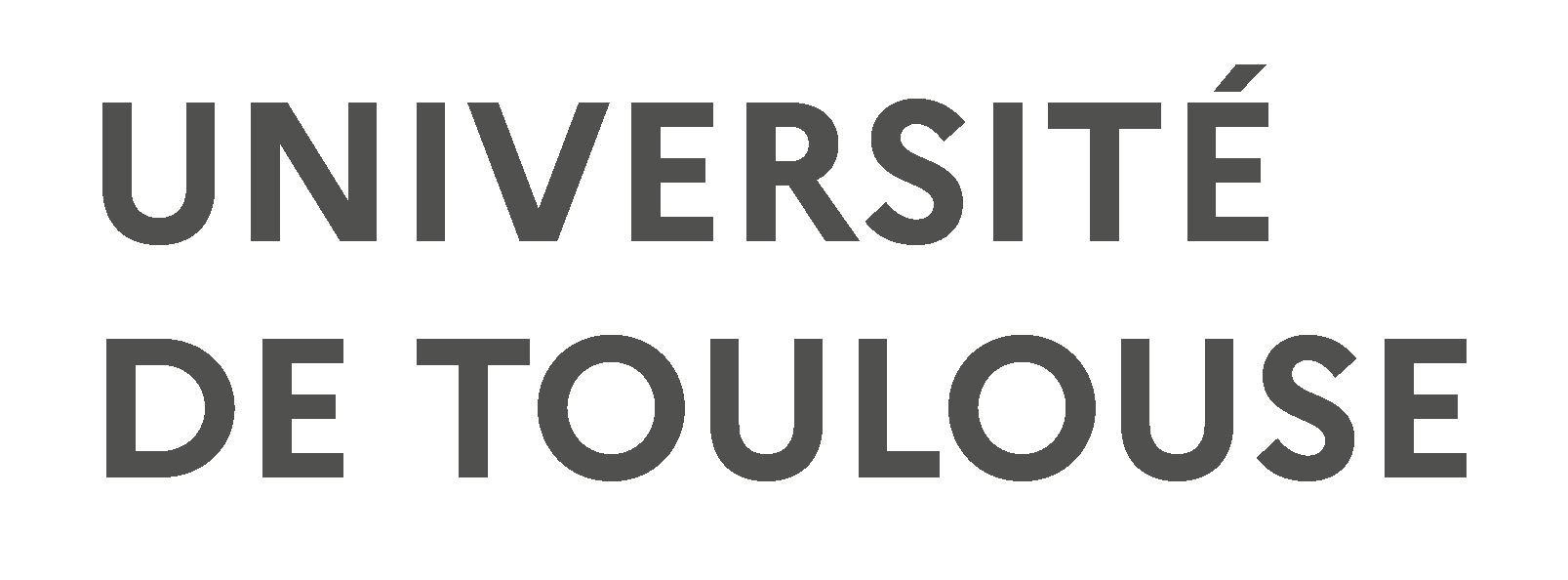Identification of cancer-associated fibroblasts with an anti-tumoral activity in pancreatic cancer
Pancreatic cancer,
Pancreatic stellate cells,
Cancer-associated fibroblasts,
Endoplasmic reticulum,
Collagen,
Extracellular matrix,
BiP.
Corinne Bousquet – MICROPANC – Microenvironnement and Therapeutic Resistance in Pancreatic Neoplasms
Fibroblasts associated with pancreatic cancer belong to a heterogeneous population that may have pro- or anti-tumoral roles. In order to target them, it is important to understand the biology of each subtype. We have discovered a subtype of CAFs with anti-tumor properties and shown that the underlying mechanism involves an endoplasmic reticulum chaperone protein, FKBP7. This protein promotes the production and secretion of type IV collagen in the basal lamina, which plays a role in tissue homeostasis. On the contrary, it blocks the production of fibrillar, pro-tumor type I collagen.
In pancreatic ductal adenocarcinoma (PDAC), fibroblast activation leads to excessive secretion of extracellular matrix (ECM) and soluble factors that regulate tumor progression, prompting investigation into endoplasmic reticulum (ER)-resident proteins that may support this activation. We identified FKBP7, a peptidyl-prolyl isomerase in the ER, as overexpressed in PDAC stroma compared to cancer cells, and in patients with favorable prognosis. Analysis of single-cell RNA sequencing databases revealed FKBP7 expression in pancreatic stellate cells (PSCs) and cancer-associated fibroblasts (CAFs). When analyzed by immunohistochemistry on PDAC patient tissues, FKBP7 emerged as an early activation marker in the preneoplastic stroma, preceding αSMA expression, and responding to FAK- and TGFβ-induced stiffening and pro-fibrotic programs in PSCs. Functional analyses revealed that FKBP7 knockdown in PSCs enhanced contractility, Rho/FAK signaling, and secretion of pro-inflammatory cytokines as well as remodeling of type I collagen, promoting an activated phenotype and accelerating tumor growth in vivo. Conversely, FKBP7 expression supported a tumor-restraining (i.e. encapsulating) ECM characterized by type IV collagen. Mechanistically, FKBP7 interacts with BiP, and blocking this interaction instead leads to increased PSC secretion of type I collagen. Thus, FKBP7 serves as a novel PSC marker and ER regulator in a complex with BiP of the secretion of specific collagen subtypes, highlighting its potential to mediate ECM normalization and constrain PDAC tumorigenesis.

FKBP7 regulates type IV collagen production in PSCs through its PPI activity, but blocks collagen type I production by interacting with BiP through its C-terminus. When FKBP7 is highly expressed, it may be able to titrate BiP, thereby decreasing type I collagen production, but facilitating type IV collagen production. During tumor progression, decreased FKBP7 expression in cancer-activated PSCs leads to decreased type IV collagen production, but instead to increased type I collagen production by relieving the FKBP7-dependent blockade of BiP.
Discover the published article
Cancer Lett. 2025 Apr 1:614:217538.doi: 10.1016/j.canlet.2025.217538. Epub 2025 Feb 7.
Unveiling FKBP7 as an early endoplasmic reticulum sentinel in pancreatic stellate cell activation, collagen remodeling and tumor progression
Christophe Quemerais, Christine Jean, Alexia Brunel, Emilie Decaup, Guillaume Labrousse, Hippolyte Audureau, Jérôme Raffenne, Ismahane Belhabib, Jérôme Cros, Aurélie Perraud, Nelson Dusetti, Remy Nicolle, Muriel Mathonnet, Stéphane Pyronnet, Yvan Martineau, Marjorie Fanjul, Corinne Bousquet
Collaborations and partnerships
Authors acknowledge Christian Touriol (CRCT, France) for helpful discussion on ER stress; Authors acknowledge the CRCT core technology platform including Loïc Van Den Berghe for viral particle production and Laetitia Ligat for Imaging, the CREFRE animal facility, as well as Fabien Gava (Team NoLymIT, CRCT) for his help developing HCS analyses, JR Analytics for the bioinformatic analyses, and the CMEAB platform (Centre de Microscopie Electronique Appliquée à la Biologie, Toulouse Paul Sabatier University, France). Selected artwork shown in the graphical abstract were used from or adapted from pictures provided by Servier Medical Art (Servier; https://smart.servier.com/).

Toulouse Cancer Research Center (Oncopole)
Toulouse - FR
Follow us on social network
Contact us
+33 5 82 74 15 75
Want to join
the CRCT team ?



